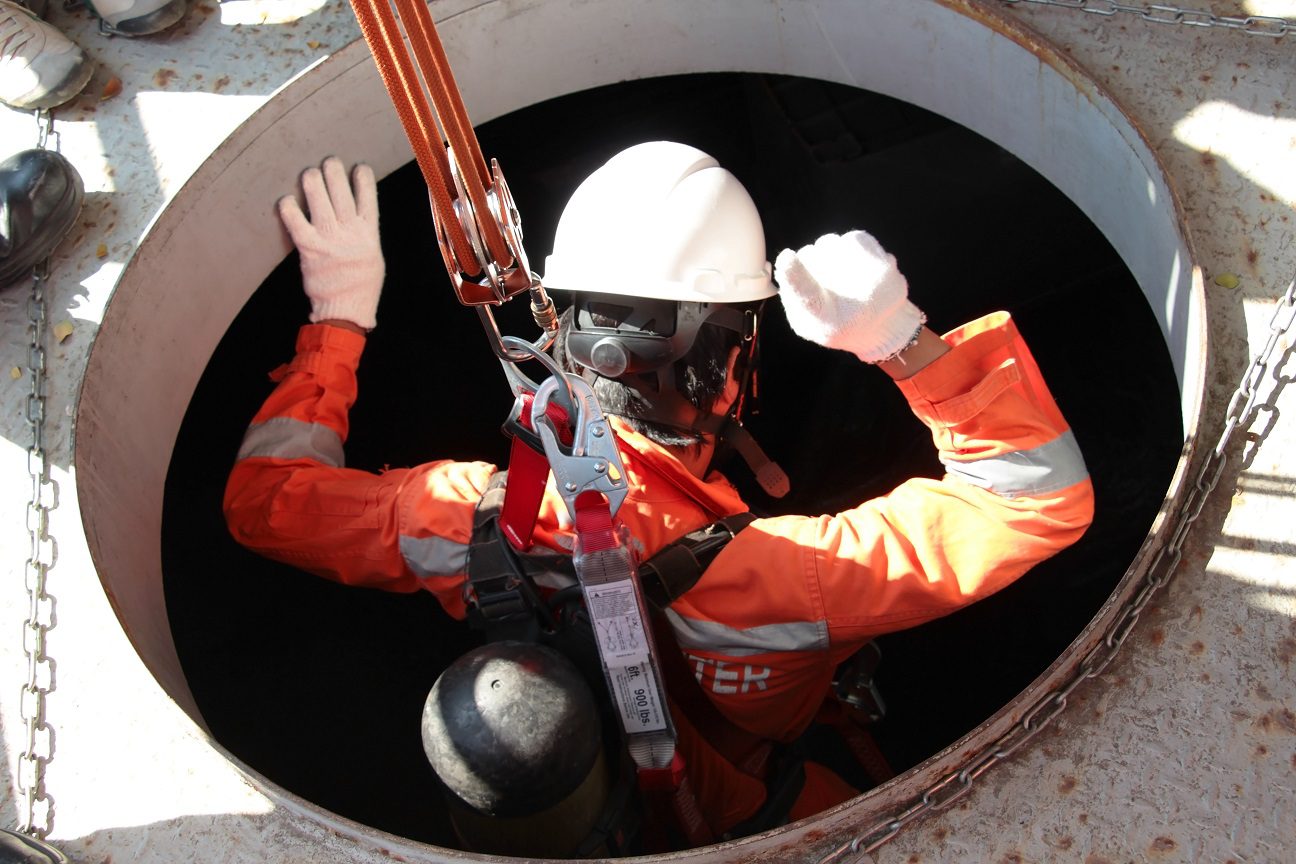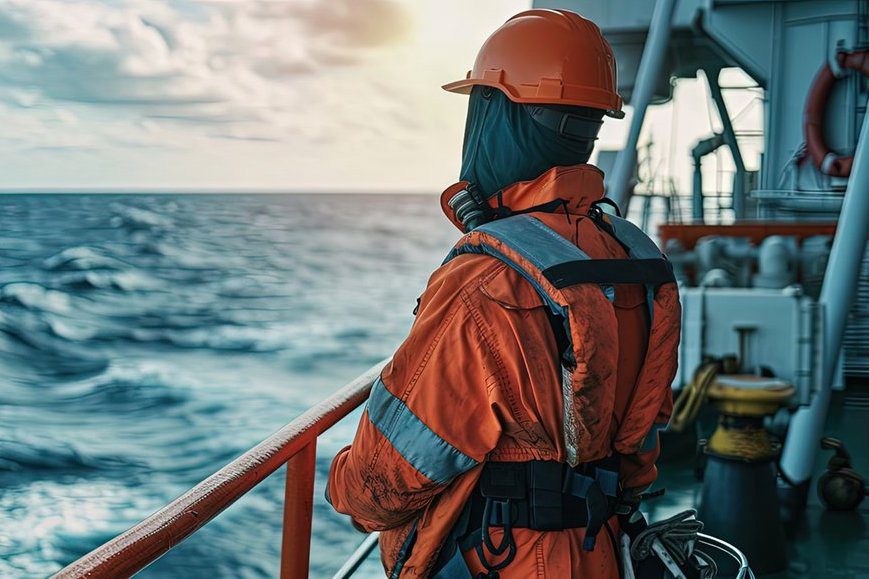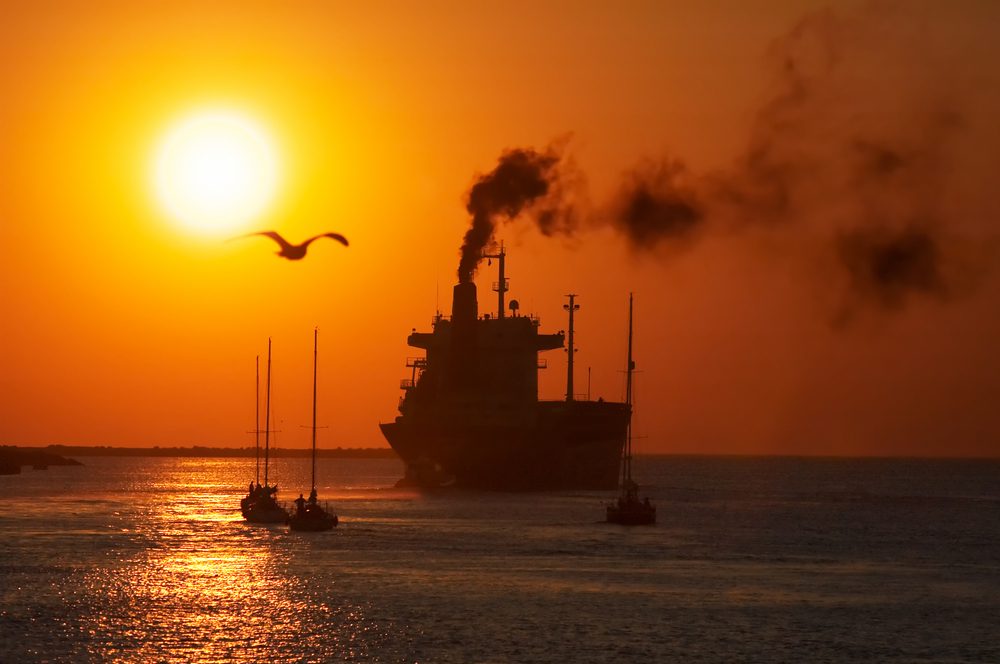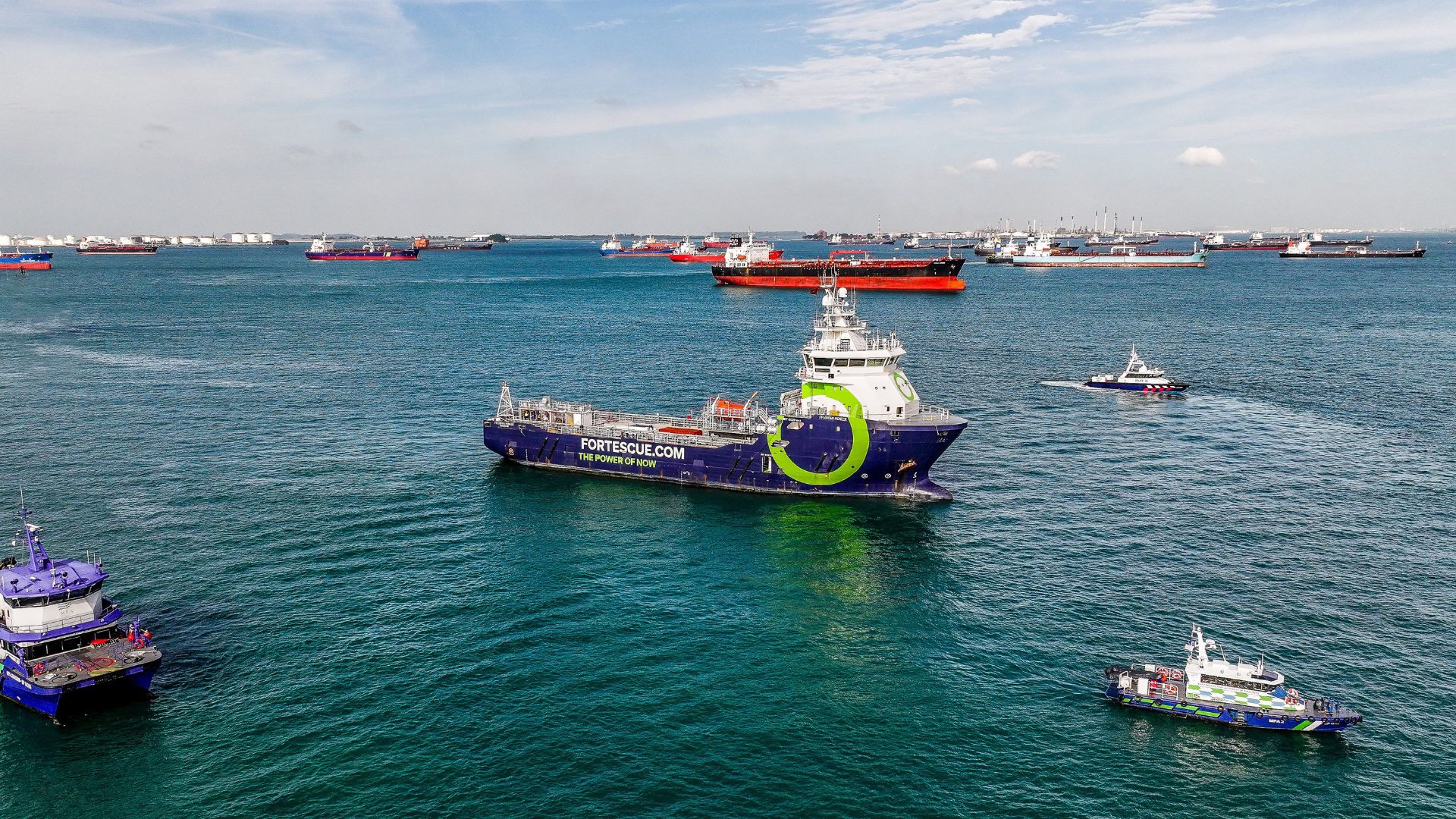Following the International Maritime Organisation’s newly tightened rules on enclosed-space entry, InterManager is urging all seafarers to participate in its global survey aimed at understanding why fatal incidents in enclosed spaces continue to occur, despite decades of safety campaigns and regulatory updates.
The IMO’s recent amendments strengthen requirements for training, hazard identification, space-specific registers and rescue preparedness. Only trained and authorised personnel should enter or stand by during enclosed-space operations, and all ships must now maintain detailed registers of potential hazards.
Yet despite these measures, tragedies continue to occur. In 2023 alone, 14 enclosed-space incidents were reported, resulting in 34 fatalities, almost double the number recorded in 2022. Bulk carriers account for around 41% of all enclosed-space incidents, with most fatalities occurring in cargo holds or access areas. Oxygen depletion remains the leading cause of death, often linked to poor ventilation or incomplete risk assessment.
The number of enclosed space accidents occurring on an annual basis has not reduced significantly since 1998 when InterManager began compiling statistics.
“We’ve been discussing enclosed-space safety for many years, and despite the rules, people are still dying in confined spaces at sea,” says Captain Kuba Szymanski, Secretary General of InterManager. “The IMO has now strengthened its rulings, but we need to hear from those on the front line to understand what’s really happening onboard. Please take part and share your experiences.”
InterManager’s survey, conducted in co-operation with The Nautical Institute and IMarEST, seeks honest, first-hand insight from those who face these risks daily. The aim is to identify what barriers remain in practice, not just on paper.
All seafarers, shipboard officers, superintendents, HSEQ staff and contractor personnel are urged to take just a few minutes to complete the anonymous online survey and share it with colleagues and fleet networks.All feedback will directly inform industry action plans on training, equipment, and safety culture.
The IMO introduced its first Assembly Resolution on enclosed space entry in 1997, revised in 2011. In January 2015, regular drills became mandatory for crew with enclosed space responsibilities, and from July 2016, ships must carry portable atmosphere testing instruments.
In September 2024, the IMO Sub-Committee on Carriage of Cargo presented an amended resolution. While the objective remains unchanged, the IMO now requires a more structured approach to identifying, assessing and managing enclosed space risks, emphasising personnel understanding of hazardous atmosphere causes.
Key amendments include recommendations for enhanced training for designated competent persons, maintenance of a ship-specific enclosed space register recording all space hazards, making shipper’s declarations available to the master in crew-understandable format, and better planning to prevent time pressure or simultaneous operations from compromising safety.
The amendments also call for establishment of clear emergency response plans that are regularly practiced and strictly followed. In emergencies, crews must follow established rescue plans and never attempt independent rescue operations in enclosed spaces.
Editorial Standards · Corrections · About gCaptain

 Join The Club
Join The Club











